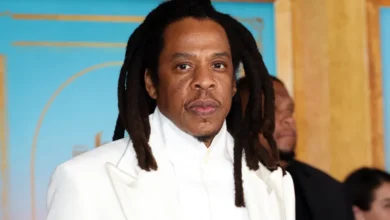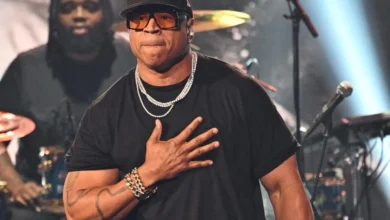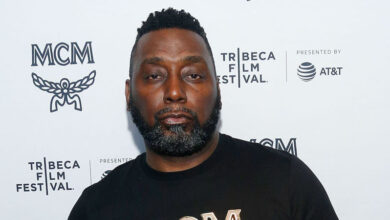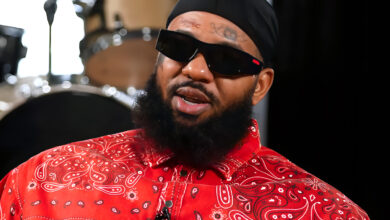Eazy-E’s Most Controversial Moments
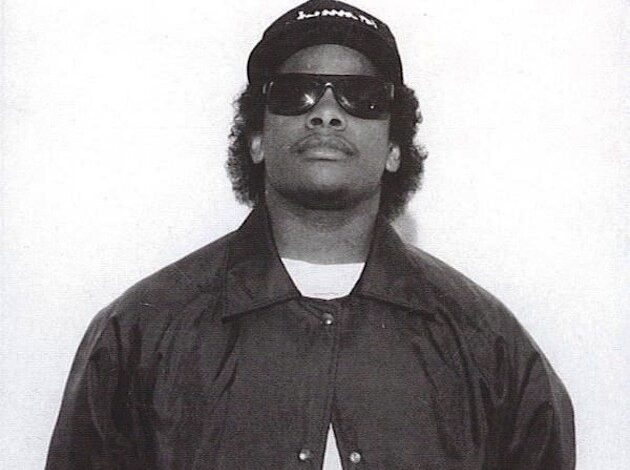
Eazy-E, born Eric Lynn Wright, was more than just a rapper—he was a bold entrepreneur, a founding member of the iconic group N.W.A., and a figure synonymous with both the rise of gangsta rap and the controversy that came with it. From his unapologetic lyrics to his business battles and personal choices, Eazy-E’s career was marked by moments that sparked heated debates and defined an era. Here’s a look at some of the most controversial episodes in the life of the “Godfather of Gangsta Rap.”
One of Eazy-E’s earliest controversies came with the release of N.W.A.’s 1988 album Straight Outta Compton. The album’s brutal honesty and street narratives were groundbreaking, but it was the track “F*** tha Police” that drew national attention—and outrage. The song’s confrontational stance against police brutality led the FBI to send a warning letter to N.W.A.’s label, Ruthless Records. This only heightened the group’s notoriety and cemented Eazy-E as a fearless voice against authority.
Tensions within N.W.A. also became a public spectacle. When Ice Cube left the group over financial disputes, he released a diss track titled “No Vaseline” that directly targeted Eazy-E and Ruthless Records. Eazy responded in kind with “Real Muthaphuckkin G’s,” attacking both Ice Cube and Dr. Dre. These musical feuds played out in the public eye and revealed the business conflicts simmering behind the scenes—particularly accusations that Eazy, as co-owner of Ruthless Records, was profiting more than his groupmates.
Another major point of controversy was Eazy-E’s association with Republican politics. In 1991, he accepted an invitation to a White House luncheon hosted by then-President George H. W. Bush. The unexpected appearance by a gangsta rap figure at a Republican fundraiser raised eyebrows and confused both fans and critics. While Eazy-E claimed it was simply a networking opportunity, many saw it as a contradiction to his rebellious public persona.
Eazy-E’s relationship with Jerry Heller, his manager and business partner at Ruthless Records, was also steeped in controversy. Heller was often blamed for the internal fractures within N.W.A., accused of manipulating financial deals that favored himself and Eazy at the expense of the other members. Though Eazy defended Heller during his lifetime, many fans and former collaborators remained skeptical of the partnership.
Perhaps the most shocking and tragic moment in Eazy-E’s life came in 1995, when he publicly announced that he had been diagnosed with AIDS. At the time, HIV/AIDS was still heavily stigmatized, particularly in the hip-hop community. His diagnosis stunned fans and raised awareness about the virus, especially within the African-American community. Eazy-E died just one month after his diagnosis was made public, leading to speculation and conspiracy theories that still linger today.
Even after his death, controversy followed. Disputes over the rights to Ruthless Records, the portrayal of Eazy-E in the Straight Outta Compton biopic, and allegations made by his family and former associates have kept his name in the headlines. Some have questioned the circumstances of his illness, while others have continued to debate his business ethics and legacy.
Eazy-E’s life was a reflection of the complex environment he emerged from—ruthless in ambition, unapologetic in expression, and always surrounded by controversy. While his methods and messages often divided opinion, his impact on hip-hop and culture is undeniable. The controversies may have defined headlines, but they also contributed to the legend of a man who changed the music industry on his own terms.

